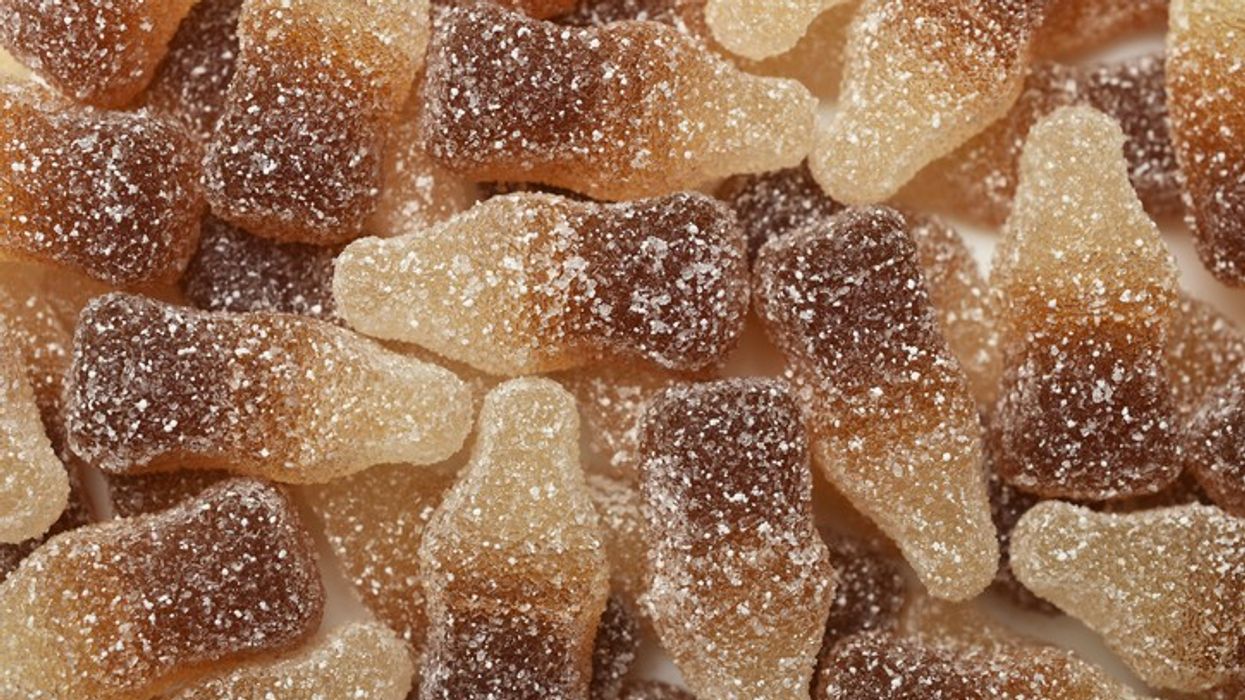Haribo has recalled a batch of its Happy Cola F!ZZ sweets in the Netherlands after traces of cannabis were discovered in several packs. The recall was prompted after multiple individuals, including children, reported feeling unwell after consuming the sweets.
According to the Netherlands Food and Consumer Product Safety Authority (NVWA), three 1kg packs were linked to complaints of dizziness and other health-related symptoms. The NVWA confirmed that the affected sweets were genuine Haribo products and said the recall was being carried out as a precautionary measure.
A spokesperson for the NVWA told Dutch news agency ANP that it was still unclear how the cannabis ended up in the sweets. “The police are investigating the matter further,” the spokesperson said.
Dutch police confirmed that a couple from the Twente region brought in a packet of the cola-bottle-shaped sweets after their children became ill upon eating them. Forensic testing later revealed the presence of cannabis.
Police spokesperson Chantal Westerhoff said, “We want to know exactly how it got into the candy and, of course, how the bags ended up in the store.”
Haribo stated that the recall only affects 1kg bags of the Happy Cola F!ZZ sweets with a specific product code and a use-by date of January 2026. Consumers who purchased the affected products are eligible for a full refund.
Patrick Tax, vice-president of marketing at Haribo, said the issue was limited to a small number of cases in the eastern part of the Netherlands. “The safety of our consumers is our highest priority and Haribo takes this incident very seriously,” he said.
Tax added that Haribo is cooperating closely with the Dutch authorities to assist in the ongoing investigation. “This is a live issue and we are working closely with the Dutch authorities to support their investigation and establish the facts,” he told Agence France-Presse.
The NVWA has issued a clear warning to consumers not to eat the sweets from the affected batch.
In a separate case in 2023, six children aged between four and 14 became unwell in The Hague after consuming sweets that contained THC, one of the active substances in cannabis. However, the products involved in that incident were not regular commercial items.
Authorities have noted a rise in cases where drug smugglers disguise cannabis-laced products as common confectionery, including popular brands. There have also been reports of imitation sweets resembling Haribo products being sold online with added THC.
The investigation into how cannabis was introduced into the recalled Haribo sweets is ongoing. Police and food safety officials continue to examine supply chain links and retail distribution to identify the source of contamination.
For now, consumers in the Netherlands are being urged to check any 1kg packs of Haribo Happy Cola F!ZZ sweets they may have purchased and return them if they match the affected batch.





